


The war in August 2008 had the painful consequences for Georgia: 130,000 people were forced to flee their homes during the war. As of 2019, 25,000 of them remained internally displaced persons. The Russian occupiers actively started the process of so-called “borderization", which continues to this day and violates the rights of the population living within the controlled territory of Georgia. As a result of the actions of the Russian Federation, borderization was formed not as a condition, but as a continuous process, the purpose of which, in addition to the "restoration of the border established by the USSR maps" officially declared by the occupation regime, was also psychological terror of the population. At the same time, the vicious practice of illegal and arbitrary arrests and kidnappings in Tskhinvali near the occupation line is permanently ongoing process.
In Shida Kartli, residents of villages near the administrative border have a constant fear of illegal border demarcation and kidnapping by de facto regime police or military forces, leading to evacuation of villages and reduced economic or civil activity - Population in villages where administrative line is located decreased by 33% from 2002 to 2014, which is twice as much as the same data in the general population (Georgia), which is 15%.
Thus, in the villages near the occupied territories, there are not only economic and social challenges (outflow of population from the villages), but also daily restrictions on security and freedom to work. For locals, working on their own farm includes to only the unstable effects of natural environmental conditions, but also, unlike the rest of Georgia, also includes the threat of borderization. In other words, locals have to live and work in different conditions, surrounded by daily reminders of instability and occupation. Given these circumstances, it should take a great courage and bravery for local entrepreneurs to stay close to the occupied region.
The ongoing hostilities in August 2008 also had a major impact on Georgia's economic profile. Russia's actions during and after the war significantly affected the agricultural sector, especially in the villages near the occupation line. The problems caused by the occupation in Georgia are becoming more and more visible. This background is significantly exacerbated by pandemics, deteriorating economic conditions, somewhat forgetfulness of the problem and other factors. In this region, next to the administrative border, there are still people who continue farming at the risk of their own lives. When selling products in the field of agriculture of Georgia, they face various challenges: natural causes, problems related to finding, storing and transporting markets.
The ongoing hostilities in August 2008 also had a major impact on Georgia's economic profile. Russia's actions during and after the war significantly affected the agricultural sector, especially in the villages near the occupation line. The problems caused by the occupation in Georgia are becoming more and more visible. This background is significantly exacerbated by pandemics, deteriorating economic conditions, somewhat forgetfulness of the problem and other factors. In this region, next to the administrative border, there are still people who continue farming at the risk of their own lives. Georgia's agricultural products face a variety of challenges: Natural causes, market acquisition problems, storage and transportation.
To assess the needs of the population living near the dividing lines in Georgia, the UN Women and the Caucasus Research Resource Center (CRRC) conducted a 2019 survey in Georgia. According to the survey, 43% of the settlements adjacent to the administrative line said that the line runs through their village. In 13% of the settlements, it is confirmed that the representatives of the occupation forces have appeared at least once in the last year. In the last five years, half of these settlements have been abducted (48%). Therefore, along with other identified social, education and economic problems, the safety of people and their activities is a major and most painful issue. However, it is noteworthy that despite a number of challenges, entrepreneurs continue to work in the region and, despite the difficult economic or physical threats mentioned, try to contribute to the community.
Amid the current difficult situation, since August 30, 2019, the security services have banned the transportation and work of civil society representatives, the media, as well as political parties in the villages surrounding the occupied Tskhinvali region / South Ossetia. Restrictions on entering apply directly to those villages that are fully controlled by Georgia. For example, before the villages of Gugutiantkari and Zardiantinkari, where there are occupation barriers and barbed wire, it is impossible to reach the villages of Karbi and Mereti that are the Georgian-controlled territories, as there are Georgian checkpoints in the villages of Karbi. The situation is the same in the village of Ditsi, Tseronisi, as well as in Khurvaleti. To the village of Khurvaleti is the Khurvaleti IDP settlement, which is also restricted to civil society and the media, as the Georgian checkpoint is located 4-5 km away. These restrictions, regardless of their purpose, significantly impede economic activity and social inclusion in villages near the occupied territories.
Economic vulnerability is added to the aforementioned circumstances. Shida Kartli region has a tradition of entering the Russian market and, consequently, the latter is often the most relevant way of selling its product. Against the background of intense disinformation campaigns conducted by the Kremlin, it is especially important for the people of the region, on the one hand, to identify an alternative market and, on the other hand, to feel solidarity and appreciation from the rest of Georgian society.
Promoting and selling products through branding and packaging is one of the most important tools in the world today. People who are engaged in various activities and live near the occupied territories often do not have information about the benefits of branding for selling their products.
—
On March 28, 2022, IDFI launched the project "Solidarity Branding - Promoting Entrepreneurs Living in the Shida Kartli Region Next to the Occupied Territories."
The project aims to make residents living near the ABL more resilient to Russian hostile influence as a result of increasing perceptions of recognition and support from the rest of Georgian society. To do this, the initiative will build a new brand identity that expresses physical and emotional solidarity with people and communities near the administrative boundary line (ABL), as well as promotes products created along the area.
The project is supported by the United States Agency for International Development (USAID) and the Zinc Network. Representatives of the creative agency "Leavingstone" and local civil society organizations in Gori are also involved in the project.
The Georgian Farmers Association (GFA) introduced the GeoGap standard and certification details to the beneficiaries. The Georgian Farmers Association (GFA) Certificate (GeoGap Standard) will enable them to increase their competitive advantage and potential to enter a new market.
The partners of the project are: Georgian Farmers Association (GFA), a retail association that unites 12 large supermarket chains (more than 1,700 stores) throughout the country; Georgian Farmers Distribution Company LLC; Gastronomy Trading LLC.
Within the framework of the project, the creative agency "Leavingstone" will develop one "Umbrella brand", whose main goal will be to create a sense of solidarity for customers of large supermarkets. Products united under the brand will be sold in stores with the message that they are brought near to the occupation line, by modern heroes. Various activities will be planned within the brand, videos, visuals will be created and distributed to increase the project's awareness.
The Georgian Farmers' Association (GFA) ensures the implementation of the GeoGap standard in Georgia to ensure quality, and the Retail Association ensures the placement of already branded products in stores within its own network.
—
In the first phase, the project team provided information on the importance of branding to local farmers living and working near the occupation line and received information from them about the needs, problems, and expectations that will be addressed in the micro-study below.
On April 13 and 20, together with the Georgian Farmers' Association (GFA), informational meetings were held with entrepreneurs living near the occupied territories in Gori and Kareli districts, in the following villages: Kvemo Khviti, Shindisi, Dirbi, Tseronisi, Avlevi, Kvemo Nikozi and Patara Garejvari. Information meetings were held on May 4 and 19 through the online platform. In total, more than 20 beneficiaries attended the 4 meetings mentioned above.
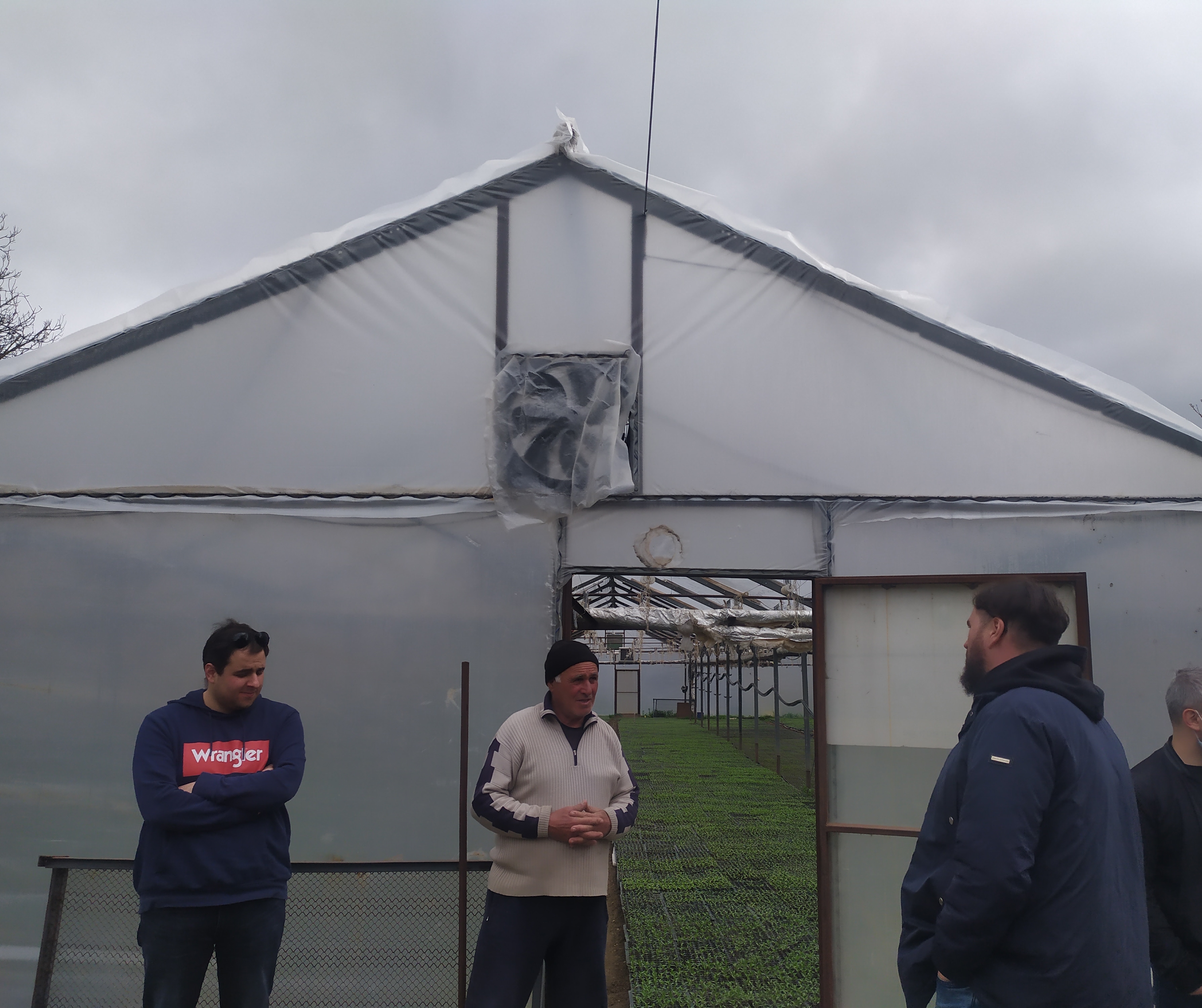
Preliminary communication was held with approximately 10 entrepreneurs, however, they did not consider the brand and logo as their own problems, but mentioned other problems (e.g. restoration of a greenhouse damaged by heavy snow, etc.), and therefore, they no longer participated in information meetings.
Within the framework of this project, the beneficiaries completed a questionnaire compiled by IDFI, which will help the project in carrying out the necessary activities.
In the first phase of the project, entrepreneurs completed a total of 20 questionnaires.
13 out of 20 beneficiaries enjoy various grants, 1 - co-financing. Only 8 out of 20 beneficiaries apply for branding (complete or partial) and other marketing activities for product sales. Exports (USA, Ukraine, Poland) are carried out by two entrepreneurs. However, at this stage only one - in the US.

Information on the area of the beneficiaries' land, the harvest received, the quantity of products produced and the income (per year):

The products produced by the beneficiaries are distributed as follows: 7 beneficiaries produce raw agricultural products; Dried fruits – 3; Chips -; Tklaps – 2; Churchkhela – 1; Dry jam – 3; Kombucha – 1; Flowers – 1; Apple cider vinegar – 1; Wine – 1; Recycled secondary engine oil – 1; Sewing / handicrafts - 1.

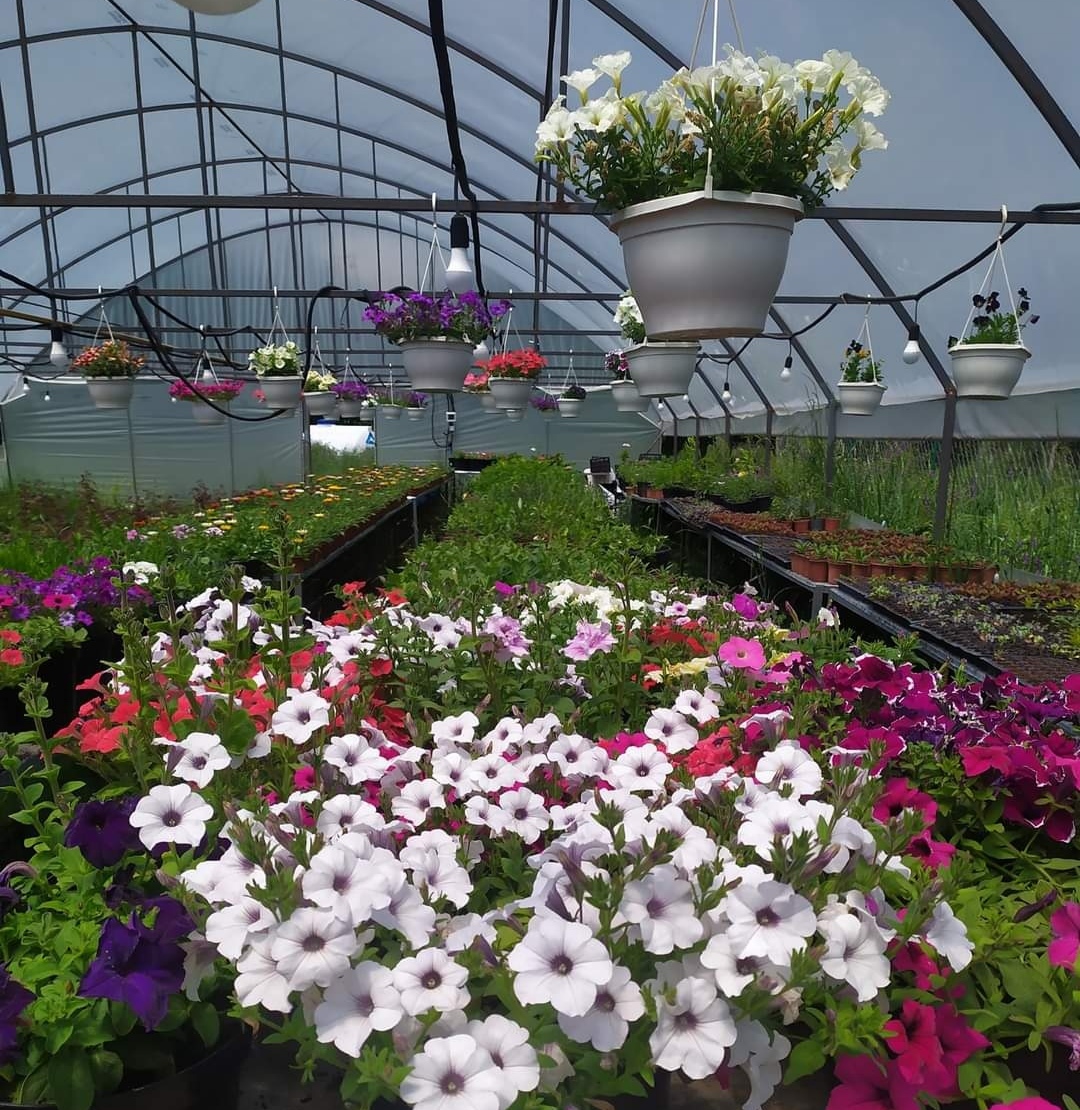
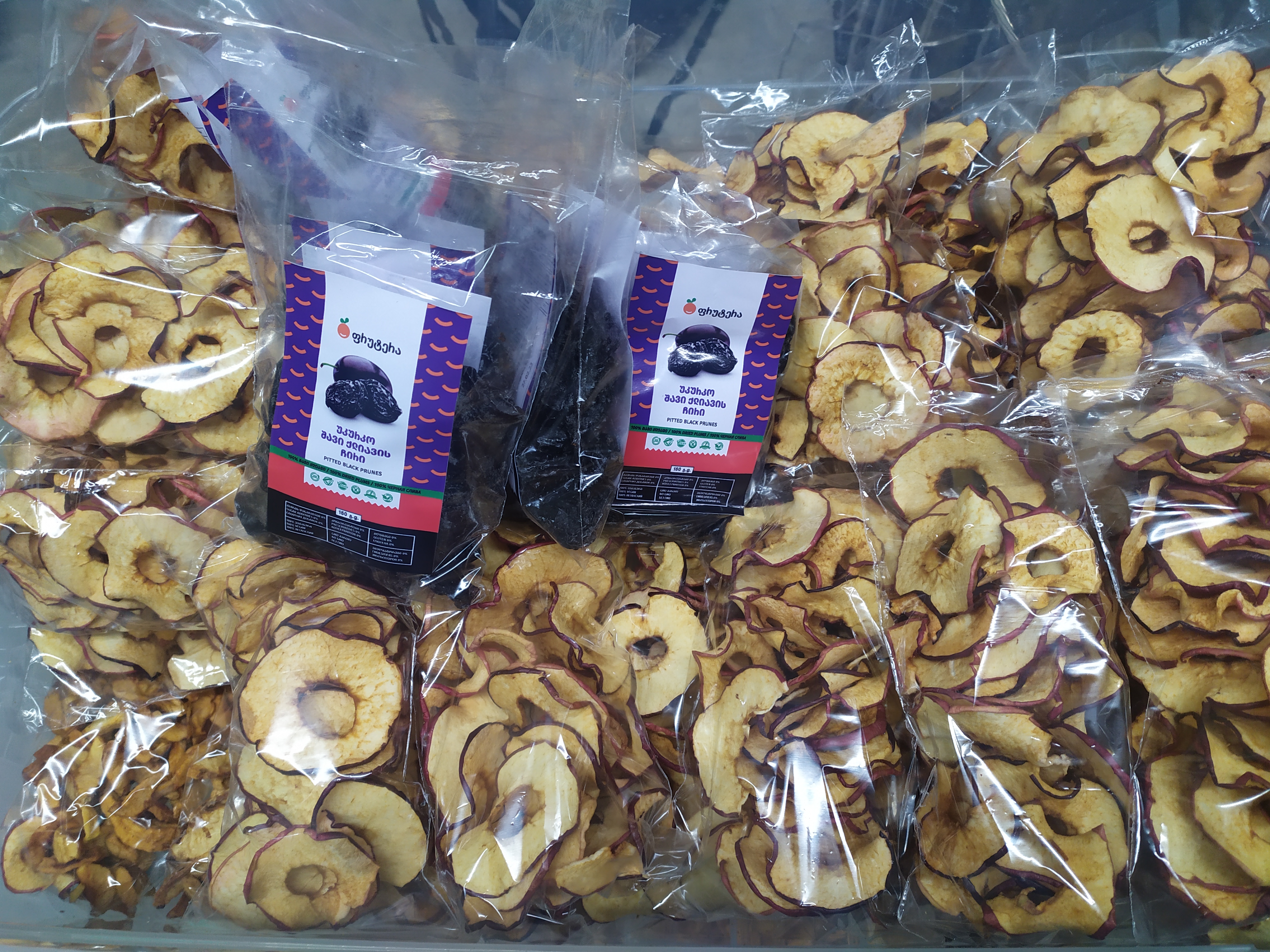
The share of agricultural products in the produced products is distributed as follows: apples are produced by 6 farmers, tomatoes – 5; Plums, peppers – 4; Peaches, pears, cereals (beans, corn, barley, oats, wheat), cucumbers, Bulgarian pepper- 2; Raspberries, strawberries, watermelon, cabbage, onions - 1.

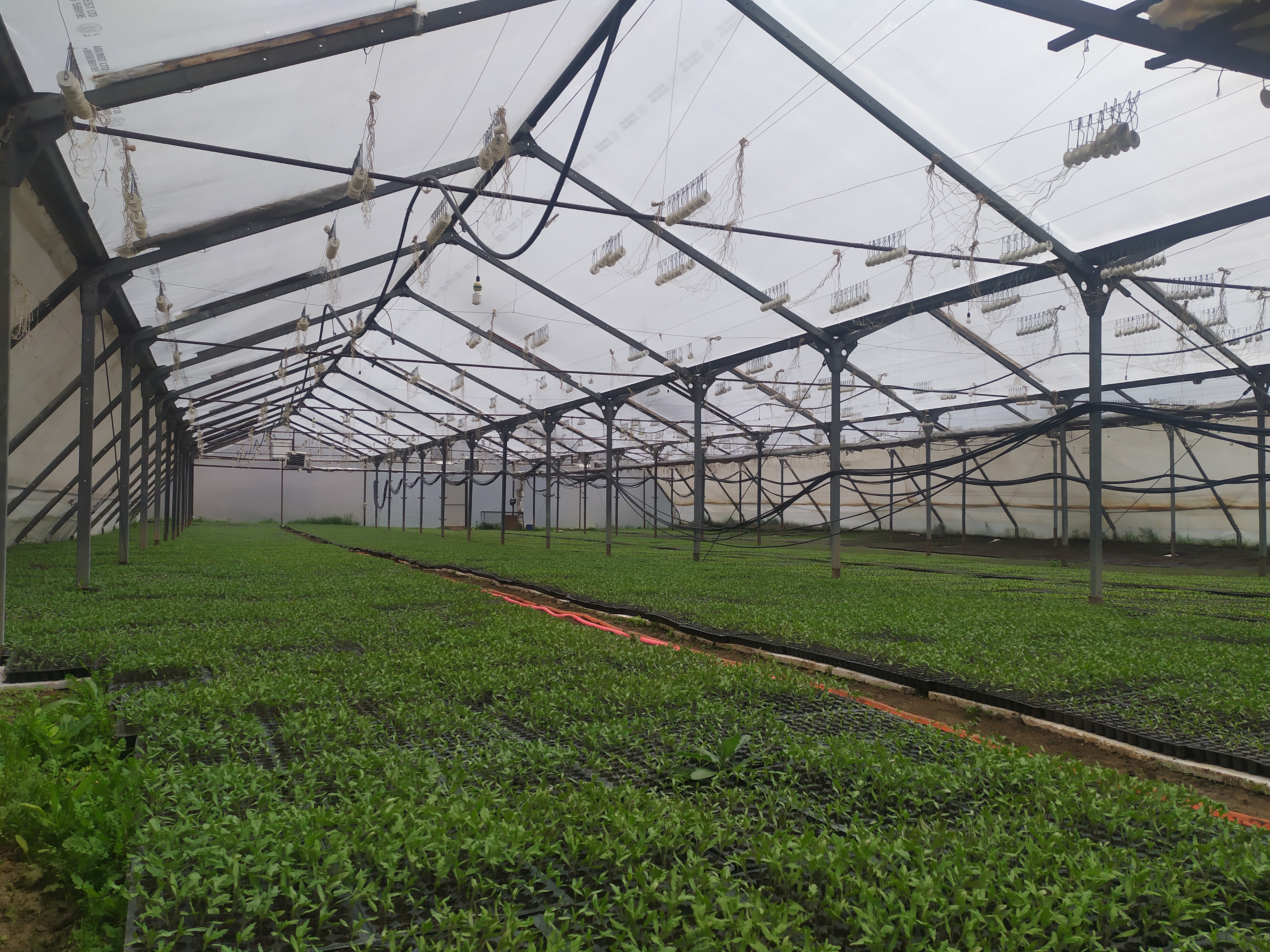
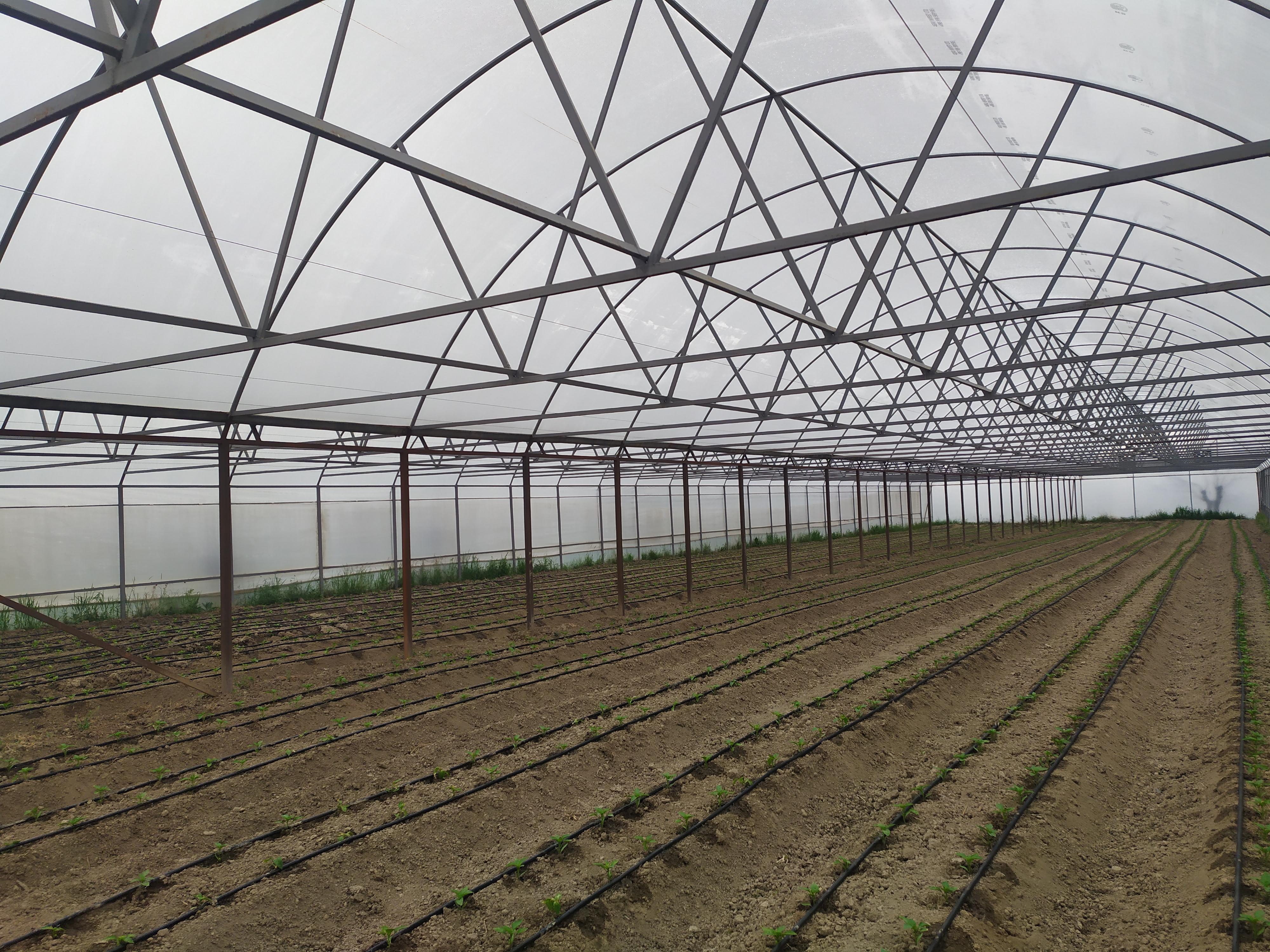
14 out of 20 beneficiaries have arable land: 4 farmers have 0-1 hectares; 1-5 hectares - 3; 5-10 hectares - 5; 22.5 hectares - 1; 42 hectares - 1.

From the methods of product sales, the rate of sales in the local market is dramatically higher. The use of online sales methods is also relevant.
Sells in Gori, Khashuri and Kareli markets - 8 beneficiaries, online - 5, through distribution companies - 5, in different regional markets - 4, in agro-markets and supermarkets (Tbilisi) - 3, abroad - 2, "Orbeliani market" - 1, Tbilisi Railway Near the station - 1, through large dealers (not specified) - 1, for individuals - 1, in factories (Tbilisi, Marneuli, Kakheti) - 1.

10 out of 20 beneficiaries have employees (considered as both family and support force) 1-5 people; 6-10 people - 6 beneficiaries, 16-20 people - 1 beneficiary, 21-25 people - 1 beneficiary, none of the employees - 1.

10 out of 20 beneficiaries have entrepreneurial activities, 8 entrepreneurs have branding marks, 7 beneficiaries advertise on social networks, including 4 have a website, 3 participate in exhibitions, and 10 beneficiaries do not have any of the above advertising means.

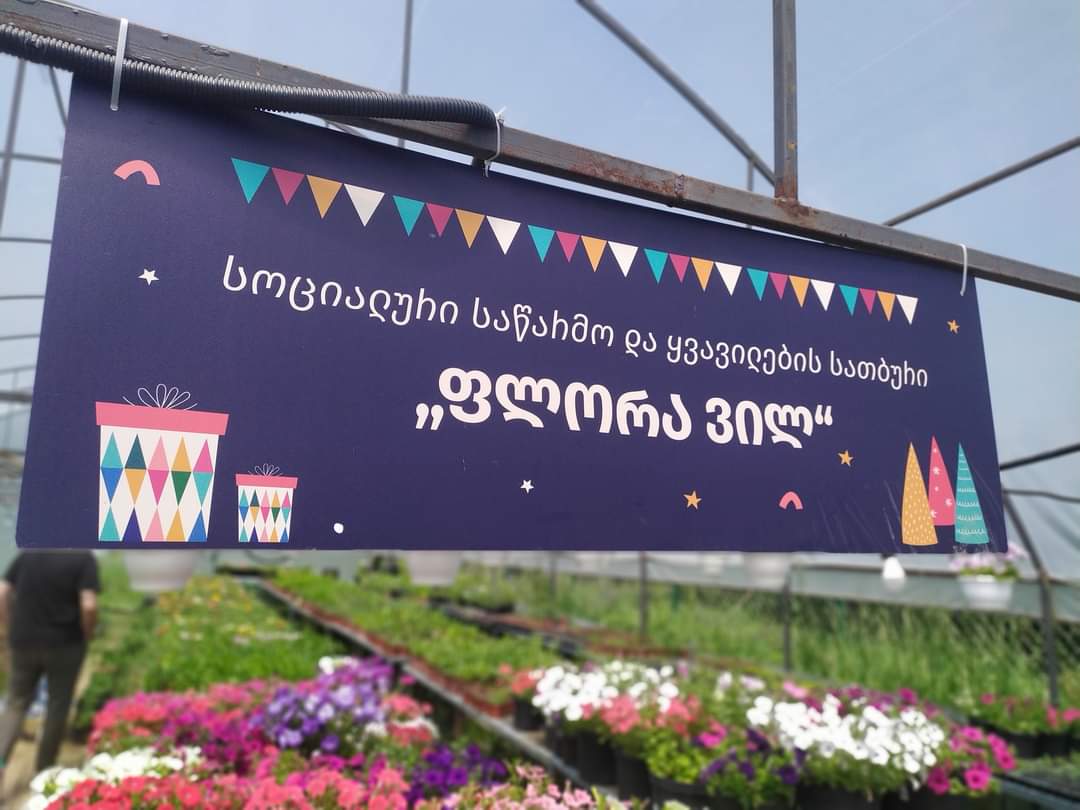
For a strong village it is necessary to develop small and large farms, for which it is necessary to take into account various aspects, to identify the problems that create a kind of barrier and obstacle in the development of agriculture and entrepreneurial activities.
According to the IDFI survey, in addition to the problems caused by the occupation, the beneficiaries living in the Shida Kartli region name climatic conditions and natural disasters as the main impediments to entrepreneurial activity. Natural disasters are the biggest risk in agribusiness. There are frequent cases when the crop is completely destroyed due to the disaster and the farmer is left without income. Agricultural insurance is the only mechanism by which farmers are allowed to receive compensation in the event of a crop being destroyed, but given that insurance conditions are not acceptable to many beneficiaries, only 3 of the project beneficiaries benefit from agricultural insurance.
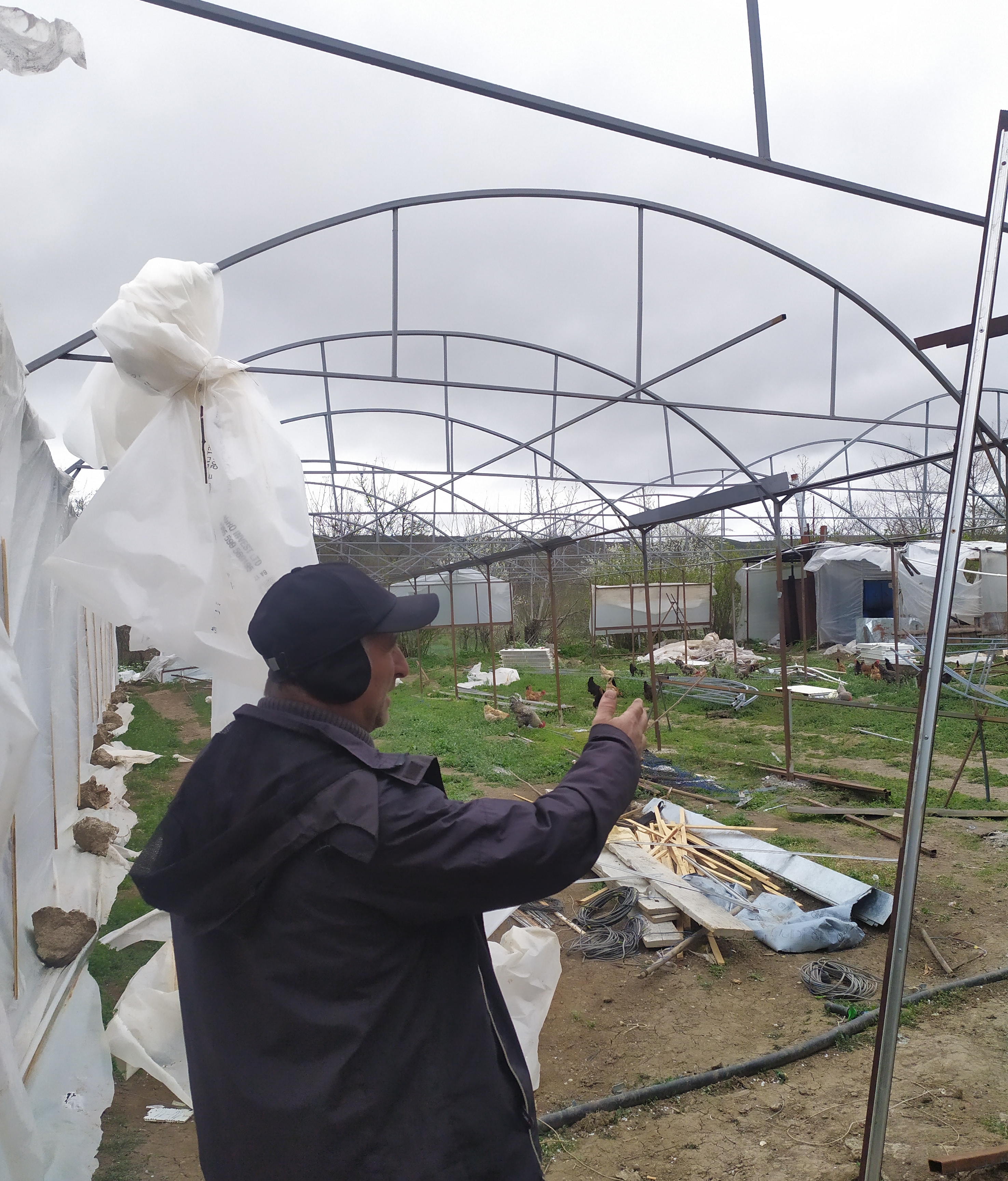
Another major problem is the lack of finances, which is why the beneficiaries are not able to expand their entrepreneurial activities, solve utility problems, hire enough staff, purchase the necessary inventory and place products in store chains.
Given that some of the beneficiaries purchase raw materials needed to conduct entrepreneurial activities, they face resistance due to increased market prices and therefore are unable to purchase the required amount of raw materials or supplies, which in turn affects market competitiveness and annuals.
Against the background of the occupation, one of the most unusual problems is the challenges with grant institutions - due to the name of the company (e.g. "-20%") and the anti-occupation theme of entrepreneurial activities. For this reason, one of the beneficiaries was not funded to purchase the necessary equipment, which forced him to temporarily suspend his entrepreneurial activities.
The pandemic that started in 2020 in identifying the problems of farmers occupies an important place not only in terms of entrepreneurial activities within the country, but also in terms of exports. Most farmers confirm that the pandemic has had a negative impact on product demand and supply chain. The sharp decline in demand has created problems in the sale of the product within the country. Added to this is the Russia-Ukraine war that began in February 2022, making it impossible for certain categories of entrepreneurs, including one of the beneficiaries of the project, to export to Ukraine and neighboring countries.
The main obstacle to the problems of placing products in store chains is the high tax, which is further complicated by the conditions of consignment and late payment. With this in mind, farmers prefer online sales and local market sales.
Most of the beneficiaries think that it is necessary to raise the publicity of the products in order to further increase the demand for their products and give them the opportunity to expand and develop. Part of the prerequisite for better management of entrepreneurial activities and reduction of costs is the purchase of the necessary equipment. They think that quality certification, simplified logistics conditions, reduced taxes, export promotion and branding are also necessary.
According to the beneficiaries, in order to reduce the number of products imported from abroad, Georgia must have a strong agriculture. They believe that this project with its quality assurance and financial support will help increase their competitive advantage and potential to enter a new market.
The main goal of the IDFI and Partner Organizations project will be to show increased support and solidarity, along with opportunities to diversify market access, reduce demand and nostalgia for the Russian market, and promote productivity in villages near the occupied territories of Shida Kartli.